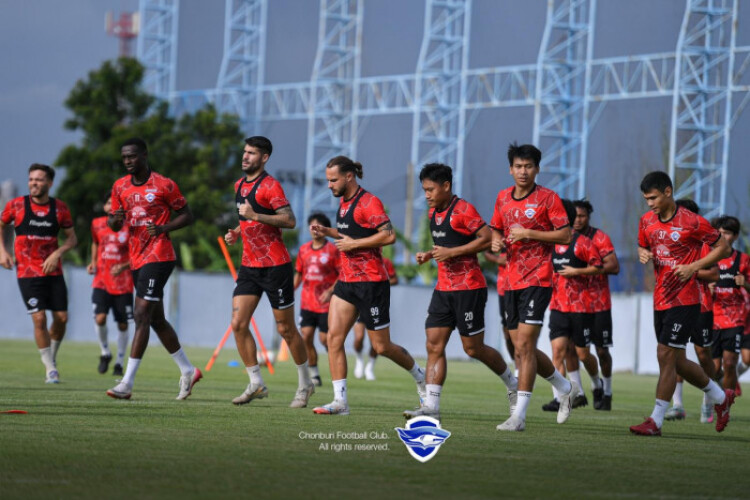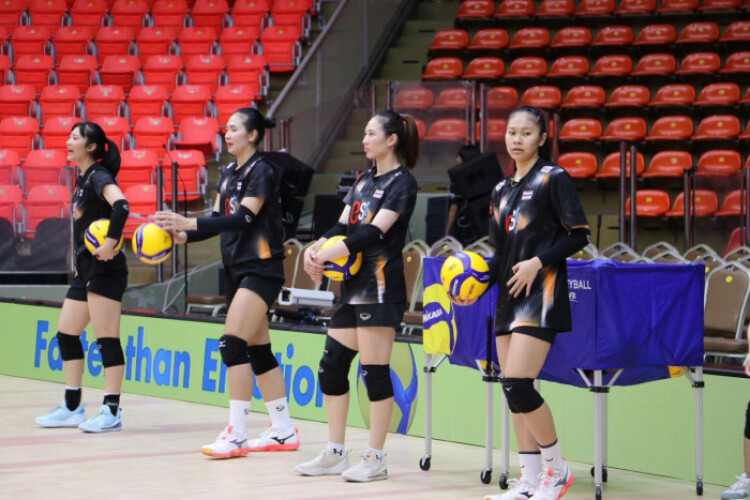
While most football fans know the nicknames of clubs in the Premier League and Championship they are probably less familiar with those in the lower divisions. Some simply reflect a team's colours or a variation on the club name. But many provide an insight into the cultural and economic environment of towns and regions where the clubs first developed.
Currently topping League Two are Walsall and the West Midlands club are nicknamed the Saddlers after the town's thriving leather industry which specialises in making horse saddles.
Staying in League Two, Harrogate Town have the unusual name of the Sulphurites. This stems from the North Yorkshire town being a popular spa with its healing waters containing sulphur, iron and salt. From 2013-15 Harrogate was actually named: the "happiest place to live".
Another League Two club with an unusual nickname are Salford City known as the Ammies. However there is a fairly simple explanation. Between 1960-70 the club was known as Salford Amateurs and their nickname stuck.
Clubs in coastal towns inevitably have seafaring nicknames. On the northwest coast we have Fleetwood Town known as The Fishermen or Cod Army, while just up the coast are the Shrimps at Morecambe, currently bottom of League Two. On the opposite coast in Lincolnshire we have Grimsby Town known as the Mariners.
Moving up into League One but staying in Lincolnshire are the Imps of Lincoln City. The name comes from the city's cathedral where there is the Lincoln Imp, a mythical figure carved in stone which has become the symbol of both the city and football club.
In the West Country there are a couple of interesting nicknames. Exeter City have the most unlikely name, the Grecians, and its derivation is much debated. Back in 1727 at St Sidwell just outside Exeter there was a re-enactment of the Siege of Troy and from that time the locals became informally referred to as Grecians. When St Sidwell football club and Exeter merged in 1908 they adopted the Grecian name.
Also in the west, Bristol Rovers are officially called the Pirates reflecting the maritime history of the city. However, in reality they are better known as The Gas. This was the name given to them by supporters of rivals Bristol City when Rovers used to play at Eastville Stadium where there was a gasworks next to the ground.
One of the more eye-catching nicknames in League One is at Peterborough United, known as The Posh. The name is derived from a manager of Fletton United who in the 1920s announced he was "looking for posh players for a posh new team." In 1934 the club was reformed as Peterborough United and kept the nickname.
Another nickname that reflects a slice of culture is at Charlton Athletic, known as the Addicks. It comes from how the people in South East London pronounce the fish "haddock". In the old days, if Charlton won, a local fishmonger would give the team a free meal of haddock and chips. And the "Addicks" name stuck.
It would be remiss not to mention my home club of Reading who since 1974 have been known as The Royals, being in the Royal County of Berkshire. During the 1960s when I watched them as a schoolboy at the old Elm Park ground, they were called the Biscuitmen after the Huntley and Palmers biscuit manufacturer, a major employer in the town. Officials loved officiating at Reading because they always enjoyed a good variety of biscuits with their half-time cups of tea.
Currently topping League Two are Walsall and the West Midlands club are nicknamed the Saddlers after the town's thriving leather industry which specialises in making horse saddles.
Staying in League Two, Harrogate Town have the unusual name of the Sulphurites. This stems from the North Yorkshire town being a popular spa with its healing waters containing sulphur, iron and salt. From 2013-15 Harrogate was actually named: the "happiest place to live".
Another League Two club with an unusual nickname are Salford City known as the Ammies. However there is a fairly simple explanation. Between 1960-70 the club was known as Salford Amateurs and their nickname stuck.
Clubs in coastal towns inevitably have seafaring nicknames. On the northwest coast we have Fleetwood Town known as The Fishermen or Cod Army, while just up the coast are the Shrimps at Morecambe, currently bottom of League Two. On the opposite coast in Lincolnshire we have Grimsby Town known as the Mariners.
Moving up into League One but staying in Lincolnshire are the Imps of Lincoln City. The name comes from the city's cathedral where there is the Lincoln Imp, a mythical figure carved in stone which has become the symbol of both the city and football club.
In the West Country there are a couple of interesting nicknames. Exeter City have the most unlikely name, the Grecians, and its derivation is much debated. Back in 1727 at St Sidwell just outside Exeter there was a re-enactment of the Siege of Troy and from that time the locals became informally referred to as Grecians. When St Sidwell football club and Exeter merged in 1908 they adopted the Grecian name.
Also in the west, Bristol Rovers are officially called the Pirates reflecting the maritime history of the city. However, in reality they are better known as The Gas. This was the name given to them by supporters of rivals Bristol City when Rovers used to play at Eastville Stadium where there was a gasworks next to the ground.
One of the more eye-catching nicknames in League One is at Peterborough United, known as The Posh. The name is derived from a manager of Fletton United who in the 1920s announced he was "looking for posh players for a posh new team." In 1934 the club was reformed as Peterborough United and kept the nickname.
Another nickname that reflects a slice of culture is at Charlton Athletic, known as the Addicks. It comes from how the people in South East London pronounce the fish "haddock". In the old days, if Charlton won, a local fishmonger would give the team a free meal of haddock and chips. And the "Addicks" name stuck.
It would be remiss not to mention my home club of Reading who since 1974 have been known as The Royals, being in the Royal County of Berkshire. During the 1960s when I watched them as a schoolboy at the old Elm Park ground, they were called the Biscuitmen after the Huntley and Palmers biscuit manufacturer, a major employer in the town. Officials loved officiating at Reading because they always enjoyed a good variety of biscuits with their half-time cups of tea.






